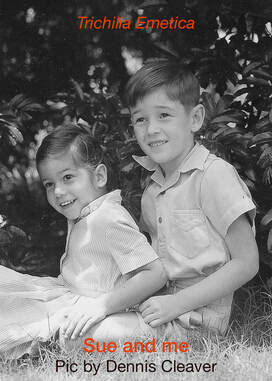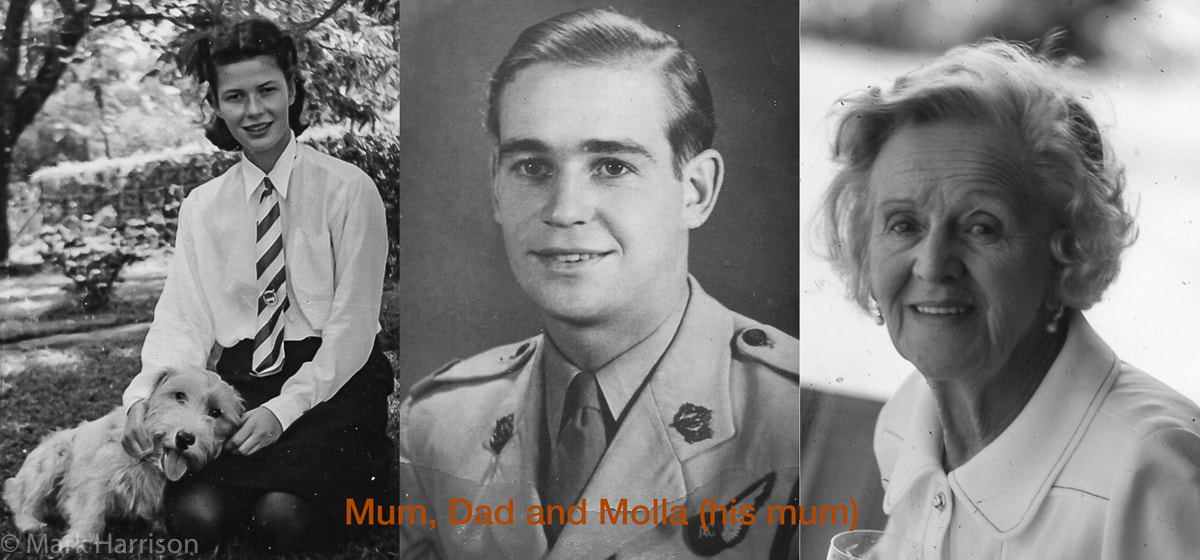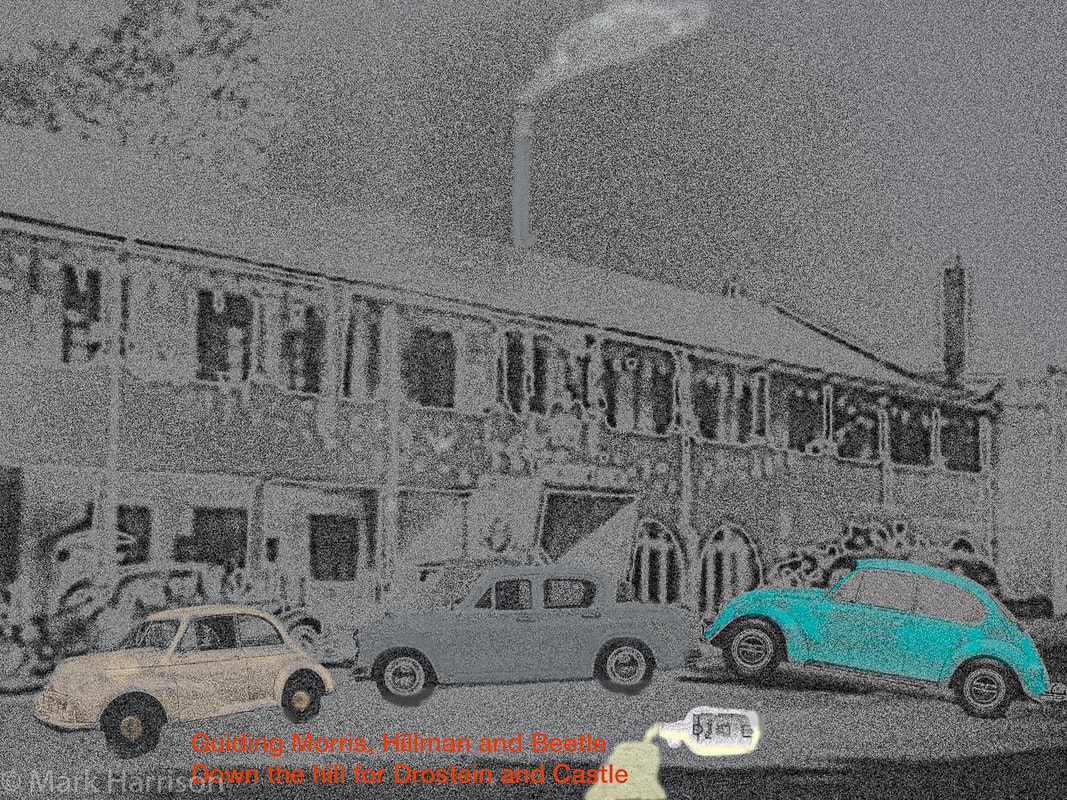|
I can’t really remember when wine didn’t feature in my life, even if by proxy only. I may have delegated the proxy to my parents during my first decade. I’m not saying either of my parents was a big boozer but they liked to be sociable and they had definite ideas.This wasn’t too difficult as far as drink was concerned as there didn’t seem too much choice in South Africa in those days. Our “liquor cabinet” contained a bottle each of whisky and medium sherry. That was about it. My gran, Molla, would have disapproved terminally if it had contained gin. That was “mother’s ruin” and my own Mum was rather undeservedly regarded with deep suspicion from that quarter. Apart from the liquor cabinet, there was wine and beer. As we lived in subtropical Durban, this had to be kept in the fridge. I don’t recall any red wine being about in the early days. In my parents’ view, only sherry could be sweet. If you were South African in those days you were either a Castle or a Lion family as far as beer was concerned. This was fairly simple because Castle only had lager. Lion also had what was loosely be described as ale. At the bottom of our hill we were lucky enough to have the Roadhouse Hotel on the corner of the exotically-named Sea Cow Lake road. As its location suggests, it was an out of town venue. It was a popular dancing destination, a little more salubrious than the Smugglers Inn (Smuggies) and the Cosmo Club. The hotel also had an off-licence and that was next door to the dry cleaners. I was allowed to accompany Mum down the hill in the family Morris Minor to drop off/collect dry cleaning and visit the offie to replenish stocks. The list was simple. Whisky and sherry if the drinks cabinet had been depleted but always Castle and dry white wine in a half-gallon demijohn. If a dinner party was in the planning and a guest was a known consumer of Lion Ale, some of those went in, too. All this was being noted and processed by my child-brain. I liked to learn about things that adults did. However, although my parents erred on the “liberal” side of the political spectrum, children and black house servants were to be seen but not heard. My siblings and I looked up to the black servants but they had fewer freedoms than we did. Any form of alcohol was verboten for them as it was for us. We weren’t to be trusted, apparently. It was the law of the land as far as the black adults were concerned. They were always trusted to look after the children, however, when white parents went off dancing or to dinner parties and generally having a piss up. Our house was seldom locked up at night but the liquor cabinet was. Ok, ok, this was supposed to be about wine, not politics. Finally, in today’s world, South Africa celebrates black sommeliers with an authoritative voice. Back to the drahwahtwarn … I am 99.999% certain our original tipple in the demijohns was called Drostein (pronounced “dross steen”). The pronunciation is important for reasons I hope will become obvious later. Back to the actual wine, I have tried to verify that there was a dry white in the 50s/60s called Drostein and no-one, not a soul will own up to having any knowledge of it. Aurally or orally. I have put out feelers to people old or knowledgeable enough (or both) and not a whisper has come back. If I hear anything at all, I’ll have to write another blog dedicated to this ghost of a wine. Why is Drostein important to me?  Firstly, the nose stays with me to this day; not necessarily in a pleasant way. My Mum was notoriously unlucky with cars. Things happened to them. Often not wholly Mum’s fault. As children, my sister, Sue, and I were beside ourselves when we were called upon to push start the 10-year-old Minor so Mum could crash start it, usually outside one or the other’s school or in the middle of “town”. Seemingly always with an audience containing far too many of our peer group. Mum, finally got her own car, a slightly newer Hillman Minx with a column shift and a faulty bendix. This needs to get a tad technical here. The bendix was the device that engaged the starter motor to turn over the engine in order to get it going after which it would, in theory, disengage. If it didn’t engage properly when Mum was trying to start it it made a VERY LOUD grinding screeching noise, usually for a similar audience as the Minor had had. This time, though, the remedy was for Sue and me to get out of the car and rock it as violently as possible while Mum tried the starter again. At this stage we were a bit older and our spectators would be in their early teens. Nuff said. Finally Mum got a nearly new VW Beetle, which she loved. For a bit. Following a weekly trip to the Roadhouse Off-licence in Durban midsummer, Mum parked in our driveway. I can’t recall why we left the booze in the car but we did. She took the precaution of parking in the shade of a large indigenous Trichilia emetica. These are BIG TREES with FAT branches. Well, this tree vomited its biggest branch onto Mum’s Beetle, crushing its roof and a demijohn of Drostein. It was a hot subtropical day. Nothing would remove the smell. For years. I suppose there could have been a bit more cred emerging from your Mum’s car smelling as if you were pissed but I don’t remember it that way. Secondly, I believe, while spelled Drostein, it was actually a dry Steen, hence the pronunciation. Steen was the name South Africans adopted for Chenin Blanc when it first appeared in the winelands. Today Cape wine producers have reverted to Chenin but this is another story leading to fantabufriginlistic wines stemming from old vines … a triumph for taste and conservation. More of this coming soon in a future blog. Coming next: Suddenly, Durban embraces Portuguese sophistication. Coffee shops, wine, piri piri, LM prawns, Lourenço Marques (now Maputo). Could red wine enter the mix?
2 Comments
|
Mark Harrisonsee About tab for more detail about the author Archives
April 2024
Categories |



 RSS Feed
RSS Feed